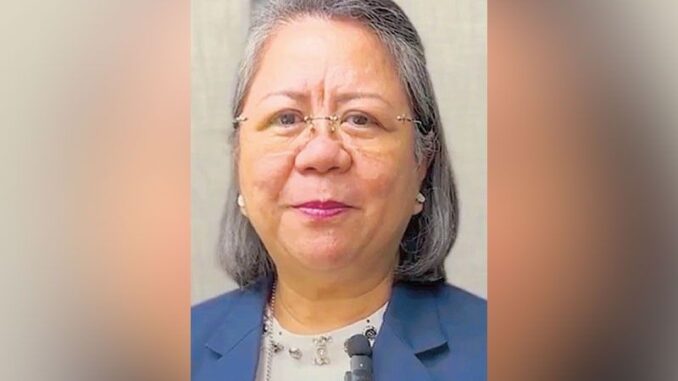
MANILA, Philippines — At least 105 renewable energy (RE) projects could be terminated due to non-compliance with project timelines, according to the Department of Energy (DOE).
Among the reasons cited for project delays is the failure to secure possessory rights or system impact studies, which indicates the inability to connect to the power grid.
Of the total, the DOE said 88 projects are either stalled in their pre-development phases or not advancing at all. These include 53 solar, 17 hydropower, 10 wind, five geothermal and three biomass projects.
The agency, however, did not disclose the names of the developers associated with the projects under consideration for termination.
“The administration of President Marcos is committed to ensuring the efficient and timely execution of RE projects by regularly assessing the progress of these projects and refining the regulatory framework,” Energy Undersecretary Rowena Cristina Guevara said.
She said if any service contracts are found to be non-performing, the DOE would make these available to new developers who can effectively advance the projects to completion.
“This strategy not only accelerates the development timeline but also strengthens investor confidence in the country’s (RE) goals,” Guevara said.
As of end-June, the DOE had awarded at least 1,435 service contracts with a total potential capacity of over 156,700 megawatts, of which 6,100 MW worth of contracts have already been installed.
This bodes well for the country’s target of expanding the share of renewables in the power generation mix to 35 percent by 2030 and 50 percent by 2040.
Earlier, the DOE issued revised omnibus guidelines to simplify the application process for RE development and fast-track the project implementation.
Under the new guidelines, developers may now commence the processing of permits and the conduct of surveys and other feasibility activities before the official 25-year contract term starts.
A certificate of authority (COA) is issued to developers to proceed with the pre-development activities, which were previously permitted after the contract was approved and signed by the DOE chief.
The COA’s validity period depends on the project type, with biomass, geothermal, hydropower, ocean and wind projects having three years and land-based solar and solar floating projects having one and two years, respectively.
Likewise, the DOE also aims to streamline the permitting process through the Energy Virtual One-Stop Shop or EVOSS.
“These streamlined procedures are designed to promote investments in the RE sector by reducing bureaucratic hurdles and avoidance of service contract termination, ultimately supporting our country’s transition to a more sustainable energy landscape,” Guevara said.


Be the first to comment